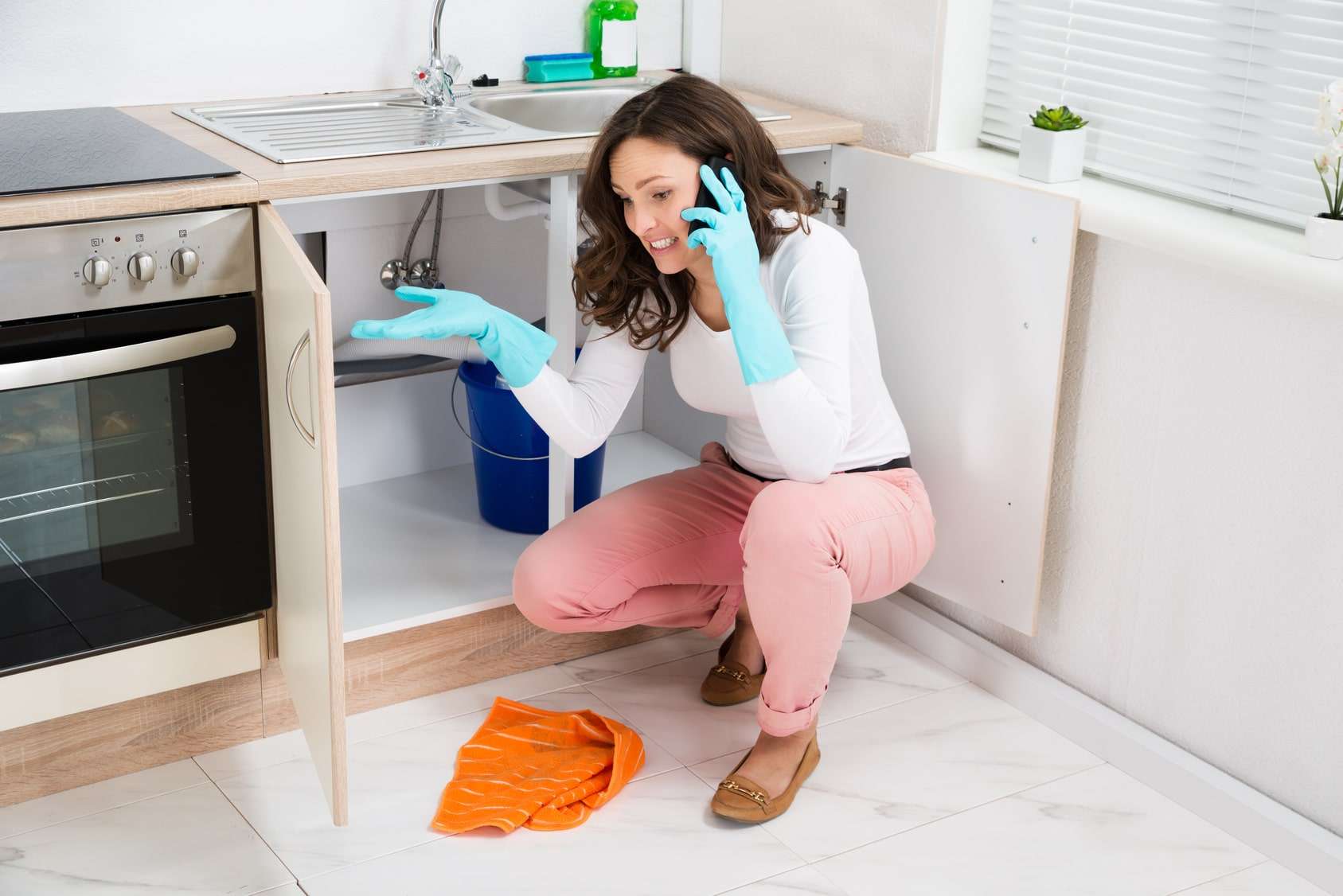A Guide to the Six Most Common Water Leak Causes in Your Home
A Guide to the Six Most Common Water Leak Causes in Your Home
Blog Article
How do you feel in regards to Common Water Leaks In House?

Leakages not only cause waste of water but can also create unnecessary damage to your residence and also advertise unwanted organic growth. Sadly, water leaks might go undetected considering that the majority of the pipework in our house is hidden. By recognizing as well as looking for daily circumstances that cause leakages, you can safeguard your residence from future leakages and unneeded damage. Today, we will certainly take a look at 6 leak creates that might be triggering your pipelines to leak.
Encroaching roots
A lot of water leakages begin outside your home instead of inside it. If you observe a sudden decrease in water pressure, state in your tap, take some time to head out and also analyze your backyard. You could notice damp patches or sinkholes in your backyard, and that could indicate that tree roots are getting into water lines triggering water to seep out. You can have your plumber look for invasion, especially if you have trees or hedges near your residential property.
Corroded water supply
This may be the cause of discoloration or warping on your water pipes. If our plumbing system is old, consider replacing the pipes because they are at a higher risk of corrosion than the newer models.
Defective Pipe Joints
Pipe joints can deteriorate over time, resulting in water leaks. If you have loud pipelines that make ticking or banging noises, especially when the warm water is transformed on, your pipe joints are probably under a lot of stress.
Immediate temperature adjustments.
Severe temperature changes in our pipelines can trigger them to expand and also get suddenly. This growth and tightening might create fractures in the pipes, specifically if the temperature level are below freezing. It would be best if you kept an eye on just how your plumbing functions. The presence of the formerly mentioned circumstances regularly suggests a high risk.
Poor Water Connectors
At times, a leakage can be created by loosened tubes and pipelines that provide your appliances. In situation of a water links leakage, you may see water running directly from the supply line or puddles around your home appliances.
Obstructed Drains
Clogged drains could be bothersome and also inconveniencing, yet they can sometimes end up triggering an overflow bring about burst pipes. Maintain removing any type of products that might drop your drains that could block them to stay clear of such inconveniences.
All the above are reasons for leaks yet not all water leakages arise from plumbing leakages; some leakages may originate from roof covering leaks. All leaks should be repaired right away to stay clear of water damage.
Leaks not just trigger waste of water yet can also cause unneeded damage to your home as well as advertise undesirable organic growth. By understanding and also looking for everyday situations that cause leaks, you can safeguard your home from future leakages as well as unneeded damages. Today, we will look at six leak creates that may be triggering your pipes to leak.
At times, a leak can be caused by loose hoses and pipes that supply your appliances. In case of a water links leakage, you might observe water running directly from the supply line or pools around your home appliances.
How To Check For Water Leak In Your Home
How To Check for Leaks
The average household's leaks can account for nearly 10,000 gallons of water wasted every year and ten percent of homes have leaks that waste 90 gallons or more per day. Common types of leaks found in the home are worn toilet flappers, dripping faucets, and other leaking valves. These types of leaks are often easy to fix, requiring only a few tools and hardware that can pay for themselves in water savings. Fixing easily corrected household water leaks can save homeowners about 10 percent on their water bills.
To check for leaks in your home, you first need to determine whether you're wasting water and then identify the source of the leak. Here are some tips for finding leaks:
Take a look at your water usage during a colder month, such as January or February. If a family of four exceeds 12,000 gallons per month, there are serious leaks.
Check your water meter before and after a two-hour period when no water is being used. If the meter changes at all, you probably have a leak.
Identify toilet leaks by placing a drop of food coloring in the toilet tank. If any color shows up in the bowl after 10 minutes, you have a leak. (Be sure to flush immediately after the experiment to avoid staining the tank.)
Examine faucet gaskets and pipe fittings for any water on the outside of the pipe to check for surface leaks.
Undetected water leaks can happen without the home or business owner even realizing. If you suspect a water leak, but not able to find the source. It is time to contact a professional water leak detection service, The Leak Doctor.
How To Find a Water Leak In Your Home
https://www.leakdoctor.com/blog/How-To-Check-For-Water-Leak-In-Your-Home_AE197.html

I ran across that blog entry about Common Water Leaks In House when doing research the internet. Be sure to take a moment to share this blog post if you appreciated it. Many thanks for taking the time to read it.
Call Today Report this page